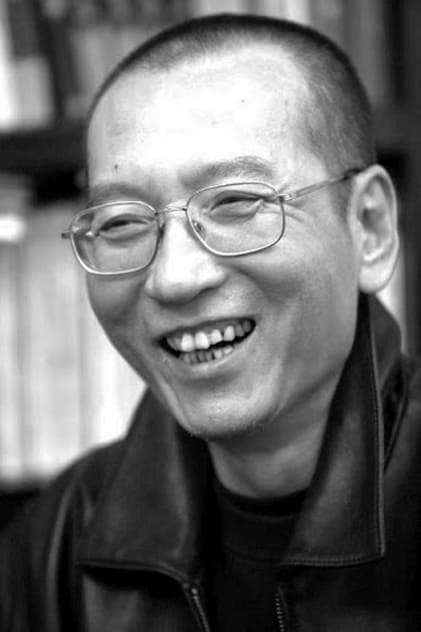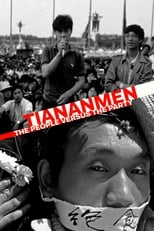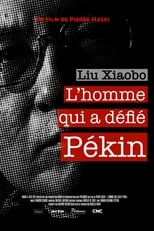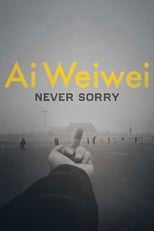

Liu Xiaobo
Born: December 28, 1955
Died: July 13, 2017
in Changchun, Jilin, China
Died: July 13, 2017
in Changchun, Jilin, China
Liu Xiaobo was a Chinese writer, literary critic, human rights activist, philosopher and Nobel Peace Prize laureate who called for political reforms and was involved in campaigns to end communist one-party rule in China. He was incarcerated as a political prisoner in Jinzhou, Liaoning. On 26 June 2017, he was granted medical parole after being diagnosed with liver cancer and he died on 13 July 2017. Liu rose to fame in literary circles in 1980s with his literary critiques and he eventually became a visiting scholar at several overseas universities. He returned to China to support the 1989 Tiananmen Square protests and was imprisoned for the first time from 1989 to 1991, again from 1995 to 1996 and yet again from 1996 to 1999 for his involvement on suspicion of inciting subversion of state power. He served as the President of the Independent Chinese PEN Center, from 2003 to 2007. He was also the president of Minzhu Zhongguo (Democratic China) magazine starting in the mid-1990s. On 8 December 2008, Liu was detained due to his participation with the Charter 08 manifesto. He was formally arrested on 23 June 2009 on suspicion of inciting subversion of state power. He was tried on the same charges on 23 December 2009, and sentenced to eleven years' imprisonment and two years' deprivation of political rights on 25 December 2009. During his fourth prison term, Liu was awarded the 2010 Nobel Peace Prize for his long and non-violent struggle for fundamental human rights in China. Liu was the first Chinese citizen to be awarded a Nobel Prize of any kind while residing in China. He was the third person to have been awarded the Nobel Peace Prize while in prison or detention, after Germany's Carl von Ossietzky (1935) and Burma's Aung San Suu Kyi (1991). He was the second person to have been denied the right to have a representative collect the Nobel Prize for him as well as the second to die in custody, with the first being Ossietzky. Berit Reiss-Andersen, chairman of the Norwegian Nobel Committee, blamed the Chinese communist regime for his death and said that Liu Xiaobo had contributed to the fraternity of peoples through his non-violent resistance against the oppressive actions of the Communist regime in China.
Movies for Liu Xiaobo...

Title: Tiananmen: The People Versus the Party
Character: Himself - Writer (archive footage)
Released: June 2, 2019
Type: Movie
The true story of the seven weeks that changed China forever. On June 4, 1989, pro-democracy demonstrations were violently and bloodily repressed. Thousands of people died, but the basis for China's future was definitely planted.


Title: The Man Who Defied Beijing
Character: Himself - Writer and Activist (archive footage)
Released: May 14, 2019
Type: Movie
A portrait of Chinese writer Liu Xiaobo (1955-2017), a witness of the Tiananmen Square massacre (1989), a dissident, a woodpecker who tirelessly pecked the putrid brain of the Communist regime for decades, demanding democracy loudly and fearlessly. Silenced, arrested, convicted, imprisoned, dead. Nobel Peace Prize winner in 2010, alive forever. These are his last words.


Title: Ai Weiwei: Never Sorry
Character: Self - Writer (archive footage)
Released: June 14, 2012
Type: Movie
An account of the many tribulations that Chinese artist Ai Weiwei, known for his subversive art and political activism, endured between 2008 and 2011, from his rise to world fame via the Internet to his highly publicized arrest due to his frequent and daring confrontations with the Chinese authorities.
